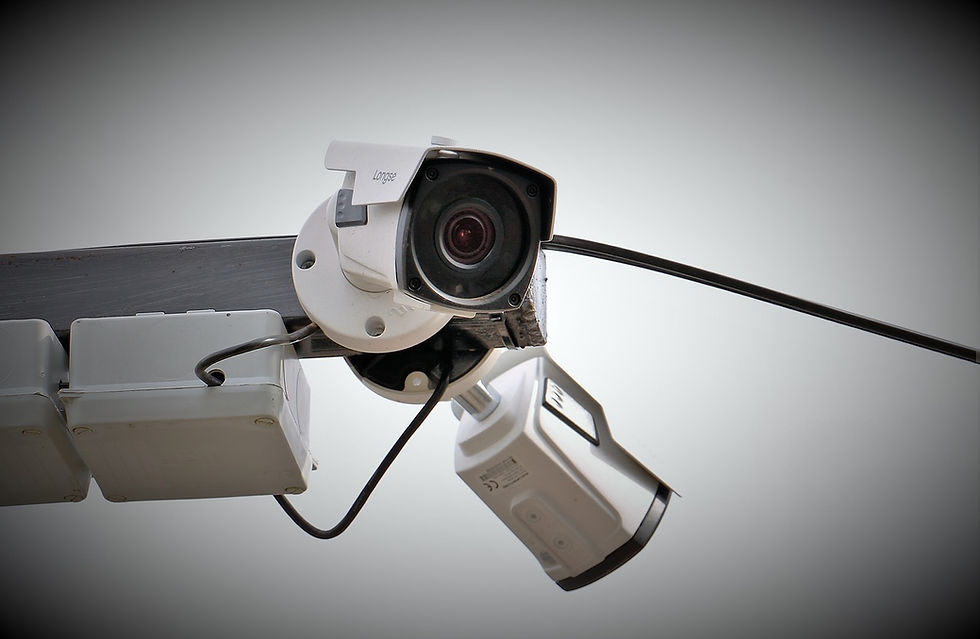Privacy Debate Continues Over Flock Safety Cameras in Buena Vista
- Sarah

- Dec 2, 2024
- 2 min read
BUENA VISTA — Jonathan Paz, a Flock Safety representative, held a presentation to the Board of Trustees about the proposed Automated License Plate Readers at a November 26 meeting.
Despite assurances about the technology’s crime-solving features, the proposal sparked a debate over potential data misuse and privacy concerns.

Source: Pixabay
Capabilities and Cost of ALPRs
Citing the successful use of ALPR against a triple-homicide suspect in Custer County, Police Chief Dean Morgan requested three Flock cameras for public safety.
The cameras will cost $11,050 upfront, not to mention the annual subscription fee of $9,000.
He described the cameras as a force multiplier to help with the limited resources of the police force.
These will scan license plates and capture vehicle characteristics, including its make, color, and accessories.
The security company assured meeting attendees that the technology would not track people or collect biometric data.
Data that isn’t tied to investigations would be wiped after 30 days. This follows police body camera protocol policies.
Mixed reactions and privacy concerns expressed by the trustees
While others raised significant privacy concerns, others supported the claimed crime-solving benefits of these cameras.
“I worry about what’s going on in this very large network,” Trustee Devin Rowe said, citing cases where the cameras were misused.
An example was when a North Carolina officer used them to search for his ex-wife 100 times in days and was able to track her down.
Rowe questioned whether what’s shared across the security company’s network could compromise privacy.
Reassuring the board, Paz said that BV would retain control of its data and be able to set the terms for sharing such with outside agencies.
Meanwhile, Andrew Rice, another trustee, shared mixed feelings. He acknowledged more surveillance concerns and pointed out how phones already collect personal data.
Delayed Decision to the Proposal
Still, despite privacy reservations, the board voted to retain the cameras in the 2025 proposed budget but didn’t commit to a purchase. As the board balances privacy with public safety needs, discussions will continue.




Comments